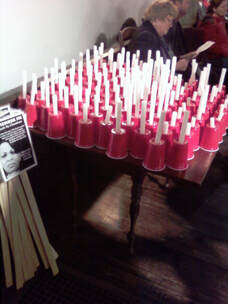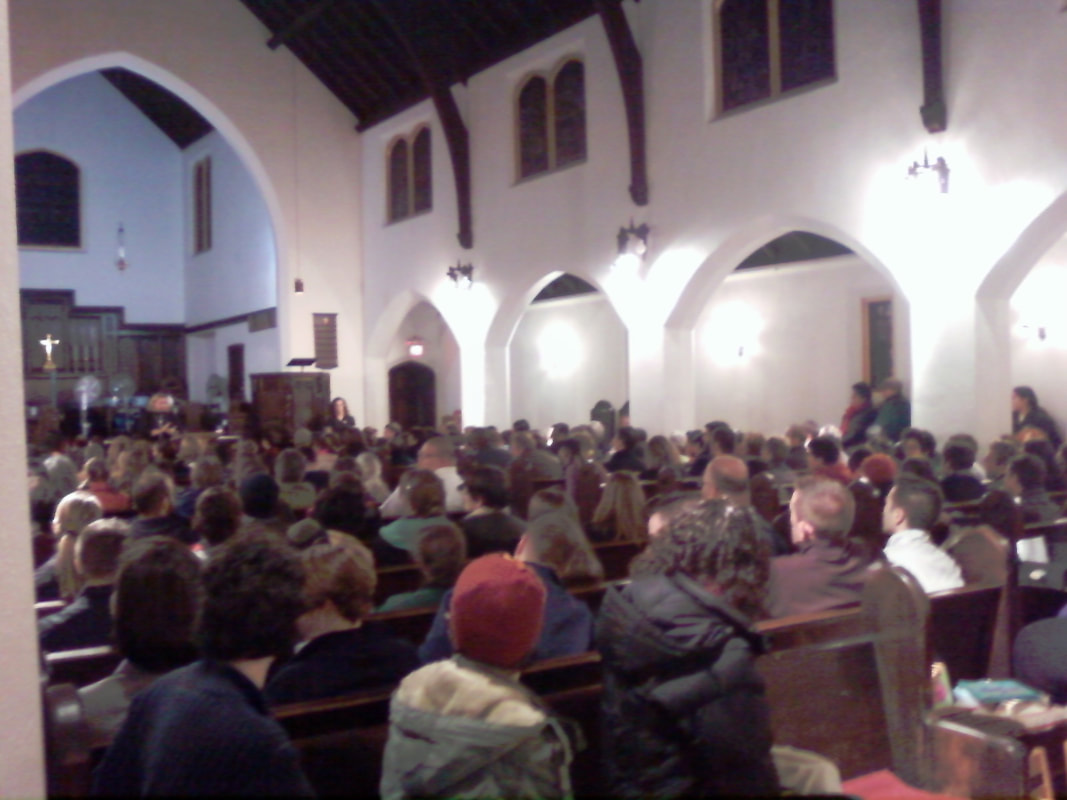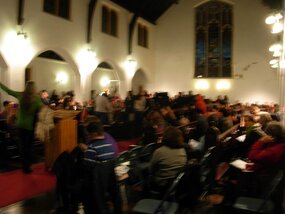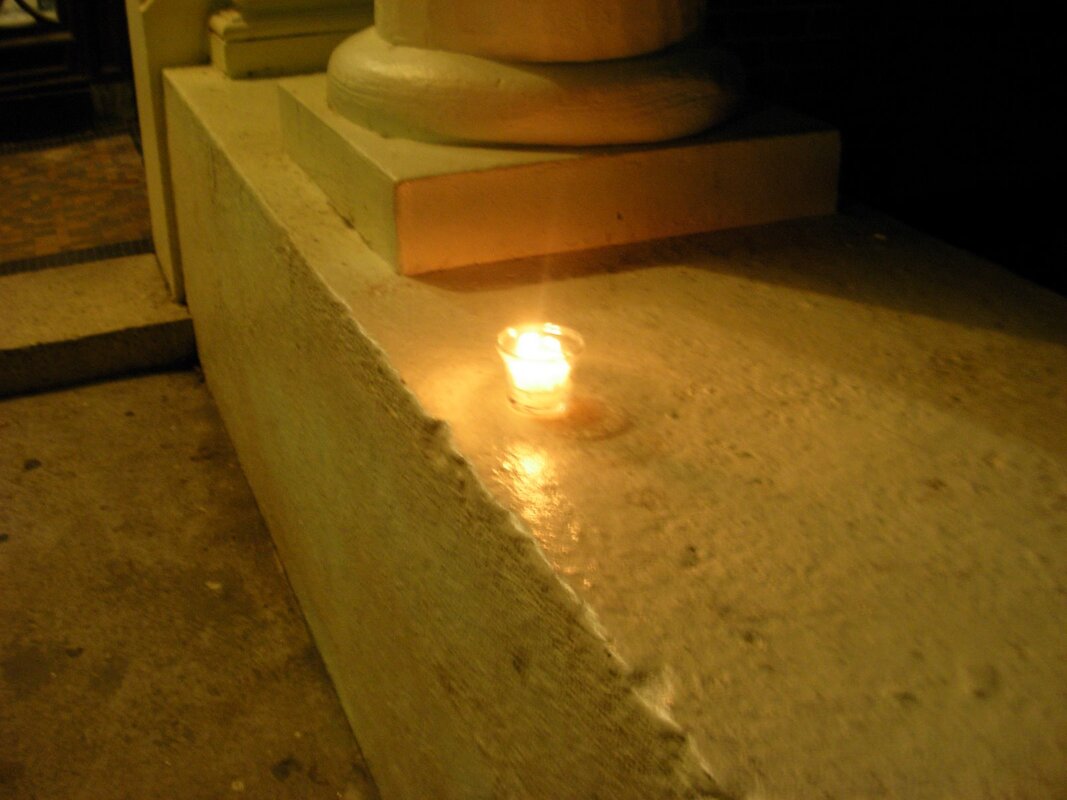We lift up those who have died in 2022:
Amariey Lei – Wilkinsburg, Pennsylvania
Duval Princess – Jacksonville, Florida
Cypress Ramos – Lubbock, Texas
Naomi Skinner – Highland Park, Michigan
Matthew Angelo Spampinato – New Castle, Delaware
Paloma Vazquez – Houston, Texas
Tatiana Labelle – Chicago, Illinois
Kathryn “Katie” Newhouse – Canton, Georgia
Kenyatta “Kesha” Webster – Jackson, Mississippi
Miia Love Parker – Chester, Pennsylvania
Ariyanna Mitchell – Hamptonn, Virginia
Fern Feather – Morristown, Vermont
Ray Muscat – Independence Township, Michigan
Nedra Sequence Morris – Opa-locka, Florida
Chanelika Y’Ella Dior Hemingway – Guilderland, New York
Sasha Mason – Zebulon, North Carolina
Brazil Johnson – Milwaukee, Wisconsin
Shawmaynè Giselle Marie – Gulfport, Mississippi
Kitty Monroe – Cordova, Tennessee
Martasia Richmond – Chicago, Illinois
Keshia Chanel Geter – Augusta, Georgia
Cherry Bush – Los Angeles, California
Marisela Castro – Houston, Texas
Hayden Davis – Detroit, Michigan
Kandii Reed – Kansas City, Missouri
Aaron Lynch – McLean, Virginia
Maddie Hofmann – Malvern, Pennsylvania
Dede Ricks – Detroit, Michigan
Mya Allen – Milwaukee, Wisconsin
Acey Morrison – Rapid City, South Dakota
Semaj Billingslea – Jacksonville, Florida
Tiffany Banks – Miami, Florida
Let us pray.
God of liberation, lift up, we pray, all our trans and nonbinary siblings who have gone before us, people on whose pathbreaking shoulders we stand. Be with us this day as we mourn these, your beloved, lost to violence this year. Bind us together in Beloved Community and strengthen us for the ongoing work of eradicating the intersecting evils of transphobia, transmisogyny, racism, sexism, and classism. May light perpetual shine upon those we have lost, may their names be for a blessing, may we be inspired and energized to join in co-creating a world in which the dignity of all our humanity and of all creation is safeguarded and honored. In your holy name we pray, Amen.





 RSS Feed
RSS Feed